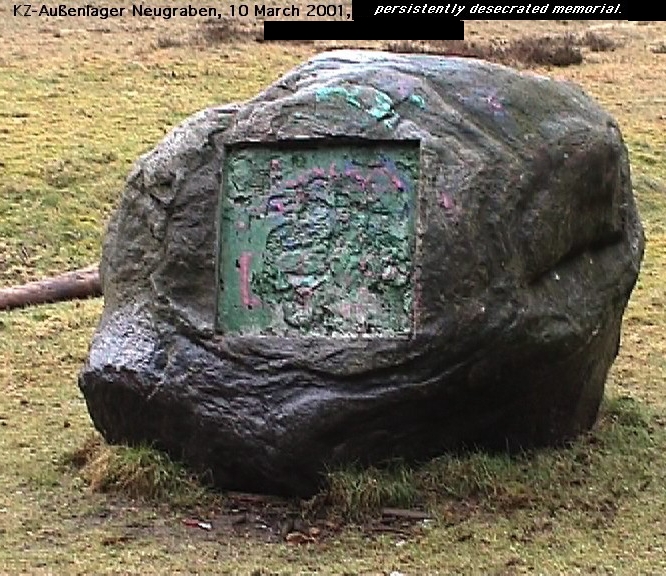Introduction
Below we mention records of real estate assessors, real estate tax collectors, registrars of deeds, and county clerks. City and counies typically have a real estate tax assessor (a local agency which appraises the value of real estate so that it can be properly taxed). Many assessors are in Portico's excellent list of assessor Web sites, which is hosted by the University of Virginia. Assessor records (but not necessarily assessor Web sites) show much information; for example, for any parcel: the address of the parcel, the owners' names (for example, John Smith and Mary Smith), and the correspondence address for tax bills (the name and address to which real estate tax bills should be mailed).
Assessor records often show sales history of the property. The record may tell you who sold the parcel to the current owner and when, and when that seller bought the parcel and from whom. Sales records may help you. The property once may have been openly owned by the subject, John Smith, then sold to Smith Foundation, Smith Corporation, Smith Trust, or Jane Smith.
Check if the subject ever had real estate. The real estate may no longer be in his name but he may still live there. If he ever had real estate, his name might be a grantee in a real estate grantor-grantee index maintained by a registrar of deeds or by a county clerk.
Assessor records are produced by local governments: cities and counties. Many Web sites are operated by the same governments which produce the records. Also, there are statewide and national Web sites providing the assessor records produced by local governments. As far as we know, there is no free Web site with national coverage.
Discussion
Some privately owned Web sites show much of the information provided for free by government assessors' Web sites (or even more information than is provided by government assessors' Web sites). For example, government assessor Web sites in California do not show both a parcel's street address and the owner's name but privately owned Web sites do.
Privately owned Web sites may be more convenient for you than going in person to an assessor's office or calling it by phone. Visually handicapped people sometimes find it easier to read information on the Web (which allows the handicapped person to adjust fonts, font sizes, and colors to improve legibility) than to read assessor records in person at an assessor's office. Mobility-handicapped people sometimes find it easier to read information on a computer's video monitor (in the handicapped person's home or workplace) than to go in person to an assessor's office. Many employees are unable to get away from work to go to an assessor's office when that office is open (about eight to five on business days, for most assessor offices). Those employees may prefer to see the assessor information on the Web.
Most government officers who work in the District of Columbia live in the District, Maryland's Montgomery county, and Virginia's Fairfax and Arlington counties.
Many assessors provide information which may help you recognize the property if you decide to go there. Some assessors provide color photographs of the front of the property (in other words, what the property looks like when viewed from the street); for example, Brookline (Massachusetts) and Chicago (Illinois). Some assessors provide overhead, color photographs. There's at least one Florida county's Web site providing excellent color photographs clearly showing each parcel from above. Some assessors provide maps showing exactly where the parcel is; for hypothetical example: on the north side of Liberty Street, one parcel west of Elm Street, with so little street footage that it's easy to accidentally pass. The Los Angeles County and Maryland State sites, for example, provide maps. Many assessors (for example, Maryland State and Virginia's Fairfax County) have detailed, verbal descriptions which may help you recognize the property; for hypothetical example: brick exterior, one-family house, two stories, on sloping land, built in 2005, excellent construction quality, shingle roof, carport, no garage, porch in front, on an acre of land.
Many assessor and similar Web sites provide a few, important facts from deeds and similar documents. Some Web sites (for example, New York City's acris Web site) provide many facts. Some assessors provide copies of the entire documents (for example, we vaguely guess-remember North Carolina's Johnston County and an Arizona county). To read a copy of a document which is not available at the county Web site, you may need to: either go in person to a county recorder's office, or buy a copy from a Web site which sells copies. For most counties in America, the Web does not provide free copies of deeds and similar documents.
The top, left corner of the first page of a deed often has the name and address to which the deed should be mailed after the government records the deed. That might be the home address of the government officer you are investigating. This is one of the reasons why it is often useful to see the entire document.
Some assessor and other real estate Web sites refer only to documents which are highly relevant to the narrow issue of who owns the parcel (for example, the deed by which the current owner became the owner). Other Web sites refer to a broad range of documents; for example, New York City's acris Web site (which seems to be an online index of the city registry of deeds).
The definition of "homestead" varies from place to place. Usually, more or less, it is a person's main, permanent home. Assessor records often show whether the owner claims that the parcel is his homestead.
Assessor records often show whether the owner is entitled to various tax benefits because, for example, he's at least 60 or a veteran. This can be useful if you're looking for someone with a common name. For example, if you're looking for John J. Smith who's 40 and not a veteran, it may be useful to see what tax benefits the owner is getting.
Assessor records often show who lent money with the real estate as collateral. For example, John Smith borrowed from Xyz Bank with his condo as collateral. People often borrow from a bank at which they previously banked. People often bank at a bank near their home or job. Thus, Smith may previously have lived or worked near an Xyz Bank branch although not necessarily the Xyz branch which lent him the money. Information about the lender may tell you if the owner is the person you're interested in. You want to find the home address of John Smith who is a teacher. The condo you're reading about is owned by a John Smith and is collateral for a loan made by a teachers' FCU (federal credit union). Maybe this is the John Smith you want.
By the way, assessor records have much other information which may be useful to investigators even if not for finding a government officer's home address.
 RESEARCH TIPS FOR FINDING HOME ADDRESSES OF CURRENT AND FORMER GOVERNMENT OFFICERS
RESEARCH TIPS FOR FINDING HOME ADDRESSES OF CURRENT AND FORMER GOVERNMENT OFFICERS

